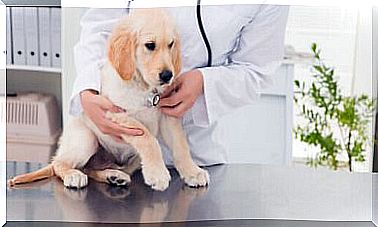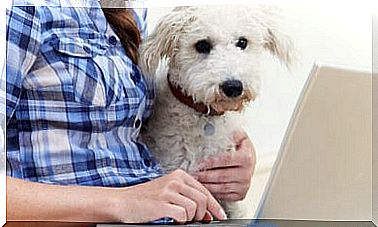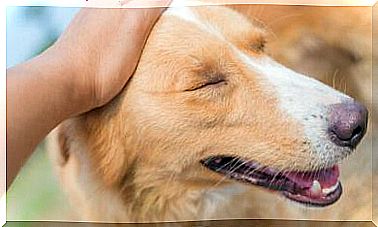What If My Dog is Afraid Of Me?
Welcoming a dog into the home is always a cause for celebration, but unfortunately, some dogs come with a painful past that seriously affects their relationship with humans. In these cases, it is normal to ask yourself: what should I do if my dog is afraid of me?
If the animal arrives scared or acquires it during its stay, don’t worry: you can help it to lose that fear. Here are some tips to help you achieve that goal.
Why is my dog afraid of me?
Fear is usually acquired as a result of a bad experience. In the case of dogs, it can be difficult to identify which stimulus caused the fear response, especially if it’s something that, as members of another species, we did without thinking about how the dog would interpret.
However, not all dogs are equally sensitive to fear. The acquisition of phobias is influenced by 2 factors:
- Learning: Both a traumatic experience and poor childhood socialization can cause a dog to develop a phobia. There are also cases where the dog receives an education based on punishment and violence.
- Genetics: there are dogs with a more fearful character than others. Fear is a highly heritable temperament. In fact, there’s a 50% chance a puppy will inherit it if the mother is scared, studies indicate.
When your dog’s object of fear is you, it’s more likely to worry and wonder what to do about it. The first step will be to identify why your dog has suddenly become afraid of you.
for a bad experience with you
It is possible that, by something beyond your control, you have induced fear in your dog. For example, accidentally stepping on the animal or the dog associating you with some bad experience because you were in the same place as the event. If it’s a sudden change in behavior, it’s good to think that there may be another underlying cause, such as an illness. In that case, consult your veterinarian to rule out this hypothesis.
My dog is afraid of me for scolding him
After a reprimand, if your dog begins to show signs of fear towards you, consider that you may be scolding him disproportionately or confusedly. It is important to know how the dog processes and understands what we say to him, otherwise you will only generate fear in the animal and the bad behavior will not disappear.
My dog has been scared of me since I hit him
Raising a dog, especially an animal that comes with the aftereffects of its past life, can be tiring and frustrating. However, corporal punishment should never be an option. In addition to not being effective in the long run, it establishes a series of dynamics between you and your dog that obviously won’t be healthy or positive.
How to help my dog lose his fear?
Once you’ve identified the cause of the fear, you can begin to rebuild your relationship with your dog. Be patient, this will not happen overnight. Remember the following tips.
Avoid the element that generates fear
In this case, as you are the object of the dog’s fear, it is you who must change your behavior when you are with the animal. There are several ways to avoid leaving him exposed to what scares him about you: talk to him in a low voice, don’t approach him abruptly or even ignore him so that he sees you’re not a threat.
Progressive exposure to fear
Once your dog tolerates your presence without intense reactions, it ‘s time to start exposing him gradually. All of the behaviors worked out above, such as the gentle approach, should be used to get to a point where the dog is no longer afraid of you.
Reward
On the other hand, to speed up the process, it is good to work on counter-conditioning. With this technique, you can associate a pleasant stimulus with the element that causes fear in the animal. Each time he progresses to tolerating you, he can receive a reward in the form of food. In this way, the animal will progressively associate you with positive things.
A dog expresses fear in easily identifiable ways: signs of tranquility, tremors, and even involuntary urination. Submission positions are also common. These signs can cause anguish, as no one wants to hurt your loved ones, but don’t be afraid: dogs have a big heart and are always ready to get on with you again.









